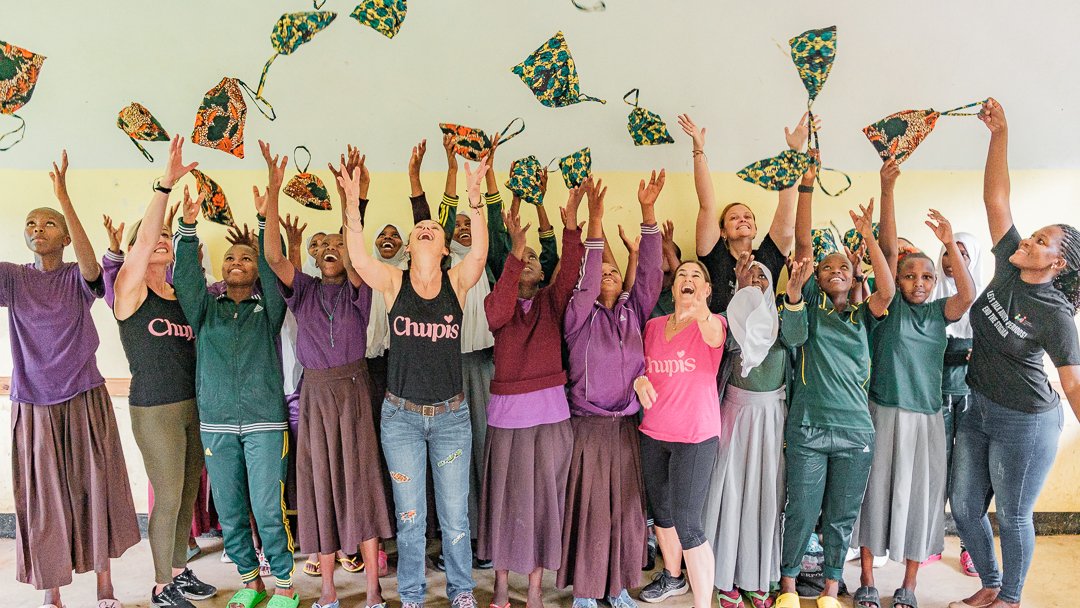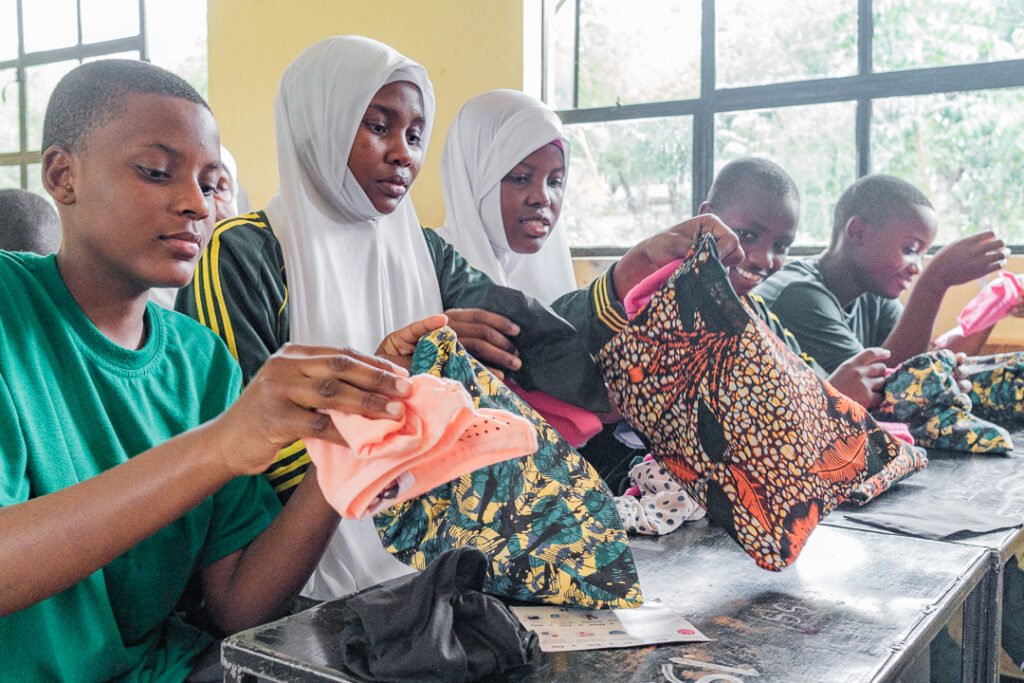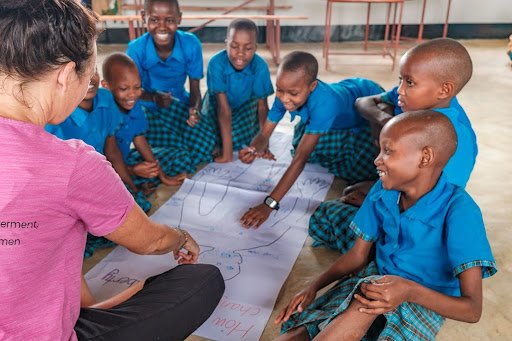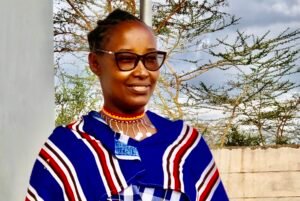No products in the cart.

Chupis Launches Washable Period Pad Charity in East Africa: Empowering Girls in Tanzania
-
by
Chupis
- No Comments on Chupis Launches Washable Period Pad Charity in East Africa: Empowering Girls in Tanzania
In January 2024, Chupis embarked on a significant journey by launching its washable period pad charity in East Africa, starting with Tanzania. This initiative aimed to address the pressing issue of menstrual hygiene among girls in the region. Through a series of distributions across various settings, including schools, Maasai Safe Houses, and Bandari Sewers, Chupis set out to make a tangible difference in the lives of these girls.
During the school events, Chupis distributed 104 pad packs, each session lasting approximately 90 minutes. Prior to the distribution, a nurse from Majengo Orphanage conducted training sessions covering topics such as health, hygiene, pad usage, and proper drying techniques. The challenge of drying pads emerged as a significant concern, with girls often resorting to drying them indoors due to shame. This underscored the importance of emphasising the necessity of sun-drying to prevent mould and infections.
In addition to schools, Chupis reached out to marginalised communities, including the Maasai, where access to disposable pads is limited. Cultural barriers prevent Maasai girls from asking their fathers for money to purchase pads, leading to improvised solutions like using rags or mattress stuffing. Moreover, the stigma surrounding menstruation contributes to girls changing their pads only 2-3 times a day, posing health risks. The Maasai community, in particular, faces unique challenges due to cultural practices and limited resources. Empowering girls in these communities requires a multi-faceted approach, including engagement with community leaders and comprehensive education for both girls and boys.

Despite the noble intentions, Chupis encountered challenges during implementation. School formalities and limited time posed logistical hurdles, while cultural norms inhibited student participation and feedback. However, the dedication of volunteers who conducted informative workshops on period health and puberty, exemplified Chupis’ commitment to community engagement and empowerment.

Partnerships with organisations like International Ministries, Arusha Safe House, and Majengo Orphanage facilitated project activities and resource allocation. Community feedback played a crucial role in decision-making, ensuring targeted outreach to areas with the greatest need. However, the lack of printed resources and access to menstrual products remains a concern, highlighting the need for sustained efforts and support.
In conclusion, Chupis’ launch in Tanzania marks the beginning of a transformative journey towards menstrual equity and empowerment. Despite the challenges, the unwavering dedication of volunteers and the support of local communities underscore the potential for positive change. With continued support and collaboration, Chupis aims to empower girls across East Africa, ensuring they have the resources and knowledge to manage their periods with dignity and confidence.


